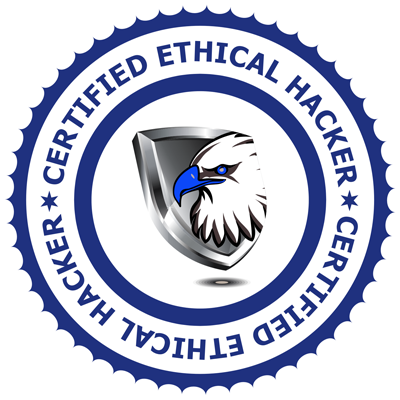Certified Professional Ethical Hacker (CPEH)
Exam Code: CPEH-001

A Certified Professional Ethical Hacker (CPEH)™ is usually employed by an organization who trusts him or her to attempt to penetrate networks and/or computer systems, using the same methods as a hacker, for the purpose of finding and fixing computer security vulnerabilities. Unauthorized hacking (i.e., gaining access to computer systems without prior authorization from the owner) is a crime in most countries, but penetration testing done by request of the owner of the targeted system(s) or network(s) is not. A Certified Professional Ethical Hacker is a professional who uses the same knowledge and tools as a malicious hacker, understands and knows how to look for the weaknesses and vulnerabilities in target systems and fortify them.
The Certified Professional Ethical Hacker (CPEH)™ covers credible ethical hacking and network security-training program in order to meet the standards of well skilled security professionals. A large number of SMEs and authors have highly contributed towards the content presented in the GAQM courseware. The new package includes modern tools and exploits uncovered from the underground community. Expert researchers have made dedicated efforts to research the latest trends and uncovering the covert techniques used by the underground community.
CPEH™ certifications addresses all issues related to securing networks and information from hackers. CPEH™ credential validates an Information Technology security professional as an ethical hacker or penetration tester. Getting Ethical Hacking training strengthens the capabilities of a person to safeguard companies and organizations against vulnerabilities and threats in mobile devices, Operating Systems, Wi-Fi or any network as well as preventing all efforts of illegal intrusion by hackers. Participants will have to understand perimeter defenses and then be led into scanning and attacking their own networks; no real network is harmed. Participants will then learn how intruders escalate privileges and the steps that can be taken to secure a system. Paticipants will also learn about Intrusion Detection, Policy Creation, Social Engineering, DDoS Attacks, Buffer Overflows and Virus Creation.




